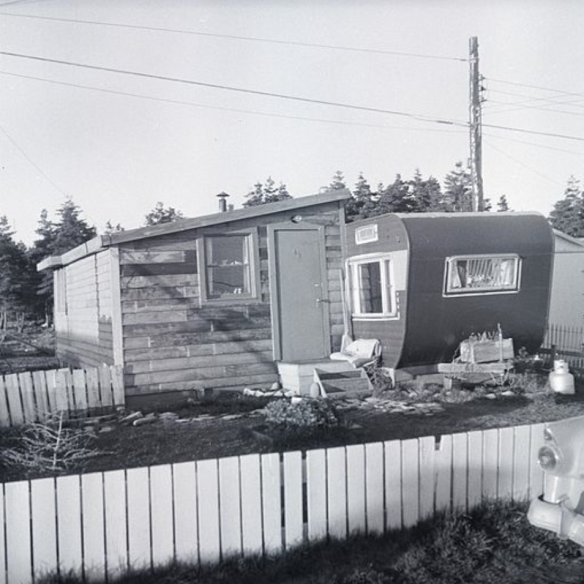Check out this great piece by Gina Crosley-Corcoran on how white privilege intersects with other identities, specifically those of class.
The idea that any ol’ white person can find a publisher for a piece is most certainly a symptom of class privilege. Having come from a family of people who didn’t even graduate high school, who knew not a single academic or intellectual person, it would never occur to me to assume that I could be published. It is an absolute freak anomaly that I’m in graduate school considering not one person on either side of my family has a college degree. And it took me until my thirties to ever believe that someone from my stock could achieve such a thing. Poverty colors nearly everything about your perspective on opportunities for advancement in life. Middle class, educated people assume that anyone can achieve their goals if they work hard enough. Folks steeped in poverty rarely see a life past working at the gas station, making the rent on their trailer, and self-medicating with cigarettes and prescription drugs until they die of a heart attack. (I’ve just described one whole side of my family and the life I assumed I’d be living before I lucked out of it.)
I, maybe more than most people, can completely understand why broke white folks get pissed when the word “Privilege” is thrown around. As a child, I was constantly discriminated against because of my poverty and those wounds still run very deep. But luckily my college education introduced me to a more nuanced concept of Privilege; the term Intersectionality. The concept of Intersectionality recognizes that people can be privileged in some ways and definitely not privileged in others. There are many different types of privilege, not just skin color privilege, that impact the way people can move through the world or are discriminated against. These are all things you are born into, not things you earned, that afford you opportunities others may not have.
Full piece here. Crosley-Corcoran not only adds her personal spin on things from the perspective of a woman having grown up in poverty, but also addresses the nuanced nature of privilege in its many forms.
